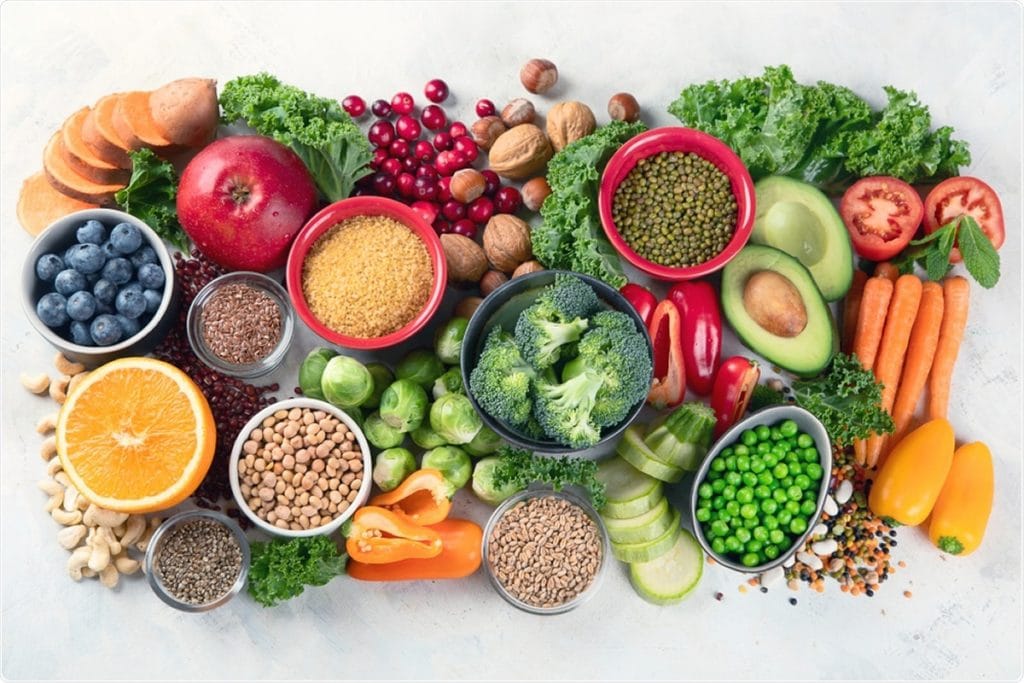Hi folks!
You’re probably used to hearing “vitamins and minerals” as though they’re one united thing. Now, it’s true that vitamins and minerals are both what are known as “essential micronutrients” that the body can’t live without, but they still have different roles. I’ve talked about vitamins before, and now it’s time to zoom in on minerals and just what they do.
When we talk about minerals in a nutrition context, we don’t mean diamonds and sapphires, as beautiful as these crystalline rocks may be. Nutrient minerals are the elements, normally found in food and drinks, that help keep the body functioning as it should.
The full list of minerals the body needs to survive is a lengthy one, and each one has its own different purpose. Not getting enough minerals in your diet can cause you to get ill, while eating too much of a certain mineral can lead to a totally different set of biological problems. Here are a few of the minerals to look out for:
–Potassium is found in most fruits and vegetables, as well as meat and fish. Potatoes, nuts and bananas are particularly good sources. A lack of potassium could contribute to hypertension or hypokalemia.
-Chlorine and sodium can both be found in common table salt. Milk, spinach and sea vegetables are also high in sodium, which can affect blood volume and blood pressure. High blood pressure is associated with high sodium.
–Calcium is most famous for its role in building healthy bones, although it also helps the heart, muscles and digestive system. The most common sources of calcium are dairy products and eggs.
-Phosphorus is also important for bones, as well as energy levels. You can also find it in dairy products, but another main source is red meat.
–Magnesium can come from green, leafy vegetables like spinach as well as nuts, seeds and legumes. It helps process an organic compound called ATP.
-Iron isn’t just for blacksmiths. Found in meat, seafood and nuts, it’s essential to many proteins and enzymes. Not getting enough iron can lead to anemia. Other enzymes need zinc to function, which you can also find in meat and nuts as well as whole grains and dairy.
-Manganese, copper, iodine, chromium, molybdenum, selenium and cobalt are just some of the other minerals needed to keep various bodily processes functioning. Luckily, most of them will be in your regular diet. Some common foods can be fortified with minerals that wouldn’t be naturally present to ensure they reach the people who need them. If you don’t get the minerals you need from your diet, there are generally supplements available to top up any vitamin or mineral deficiencies.
Do talk to your doctor and check recommended limits before you start taking any kind of dietary supplement. Getting too much of a certain mineral can cause as much damage as getting too little, and everyone has a slightly different body that will react differently to various supplements. The best option is to make sure you have a varied diet with lots of different foods to ensure your meals provide all the minerals you need.




